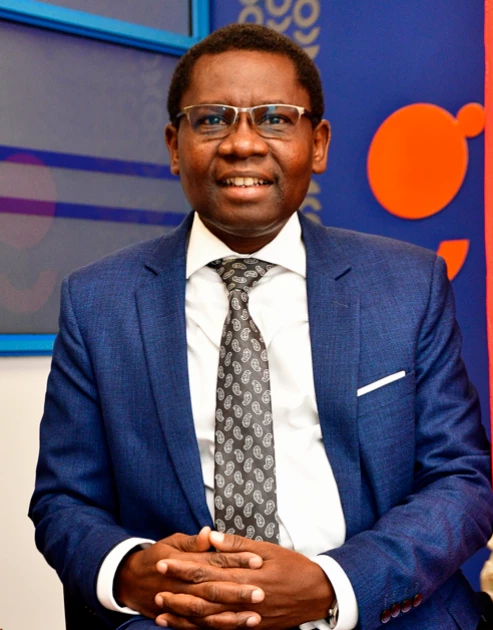OPINION: Time for Kenya, Africa to turn pension wealth into nation-building capital

A graphics showing money.

Audio By Vocalize
By Fred Waswa

Between 2021 and 2024 alone, pension assets expanded by 41 per cent, from KES 1.58 trillion to KES 2.23 trillion. Occupational schemes hold nearly two-thirds of the total, while umbrella and individual schemes continue to attract new savers as more Kenyans embrace the importance of planning for retirement.
This steady growth has made the pension industry one of Kenya’s most dependable pillars of economic stability. Yet, its full potential remains largely untapped. The next phase of growth lies in the informal sector, which employs about 83 per cent of Kenya’s workforce, according to the Kenya National Bureau of Statistics.
Despite their numbers, most workers in this sector; such as Micro, small and medium enterprises (MSMEs), boda boda riders, artisans, and small-scale traders, remain excluded from formal pension systems.
Many of these workers earn daily incomes but lack structured ways to save for the future. With innovative, mobile-based micro-pension products, Kenya can extend pension coverage to millions of informal workers who currently depend on uncertain incomes or family support in old age. This would not only provide financial security for millions but also channel billions of shillings into long-term investments that can power national development.
Many informal workers already save through chamas, cooperatives, and community-based systems, showing financial discipline and trust within their networks. What they often lack is confidence in formal systems and easy access. Designing simple, affordable, and transparent pension products can attract millions of new savers.
Pension funds are, by nature, patient capital perfectly suited for financing long-term projects such as infrastructure, affordable housing, and renewable energy. Investing in these areas not only provides stable returns for members but also supports national priorities like job creation, industrial growth and social development.
Already, there is growing interest among pension funds to diversify beyond traditional government securities and equities. Roads, energy, and water projects financed through public-private partnerships could offer stable, inflation-protected returns while addressing Kenya’s infrastructure gap. Similarly, investments in the government’s Affordable Housing Programme could deliver both social and financial benefits, meeting the country’s housing needs while generating sustainable returns for retirees.
Globally, pension funds are moving towards investments that balance profit with purpose. Environmental, Social, and Governance (ESG) principles are increasingly shaping institutional investment strategies. Kenya’s pension sector should follow suit by allocating more funds towards renewable energy, green transport, and climate-smart agriculture.
Technology and sound governance are also shaping the future of pension management. Digital innovation, particularly through mobile money, has simplified contribution collection and member engagement. Continued investment in technology can enhance transparency, reduce costs, and improve service delivery.
Across Africa, the opportunity is even greater. Pension funds across the continent collectively hold over KES 91.7 trillion (USD 700 billion) as of 2023, a vast pool of capital that remains largely underutilised. This is not money to be merely safeguarded; it is capital that can be mobilised for nation-building.
Investing even a fraction of these
resources in infrastructure, manufacturing, and green projects can strengthen
Africa’s economic sovereignty and accelerate its development agenda.
Digital platforms can simplify registration, automate small contributions, and enhance transparency, especially for younger workers such as Gen Z, who tend to view retirement saving as a distant goal. Introducing hybrid products that combine short-term liquidity with long-term savings could help build a saving culture early in life.
The biggest opportunity, however, lies in regional collaboration, pooling pension resources across African borders to finance transformative projects such as power generation, transport corridors, and agro-industrial zones. Such partnerships reduce risk, spread costs, and promote shared prosperity.
With strong governance and prudent risk
management, Africa’s pension wealth can be turned into productive capital.
Kenya and the continent can finance their own development and build a more
inclusive, resilient and sustainable future.
The writer is the Chief Executive Officer of Octagon Africa Group.


Leave a Comment